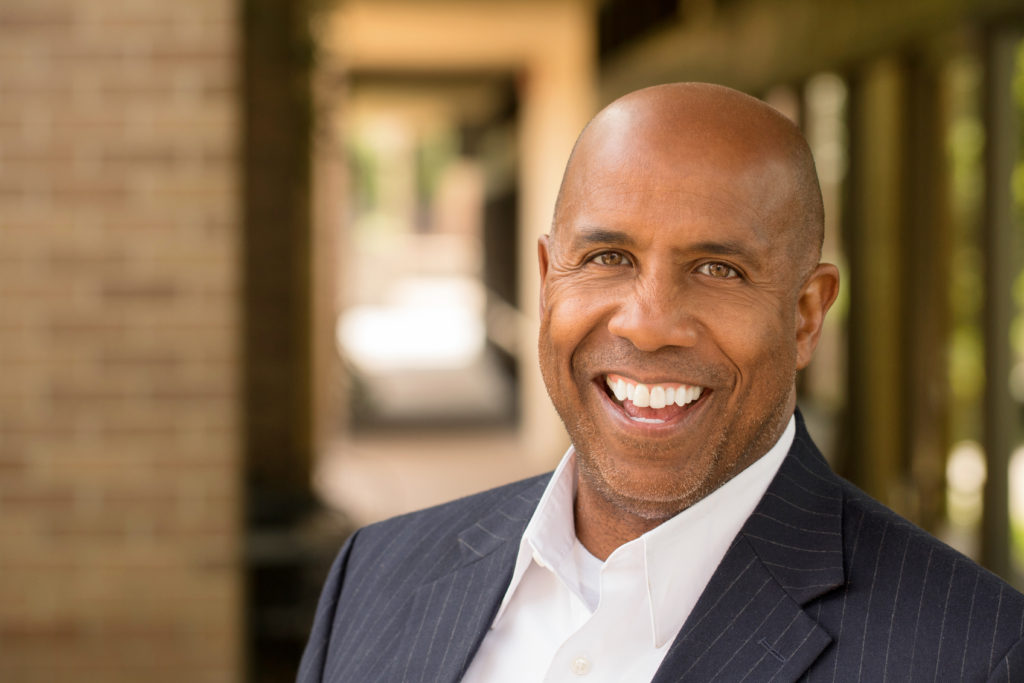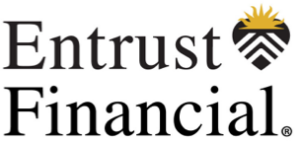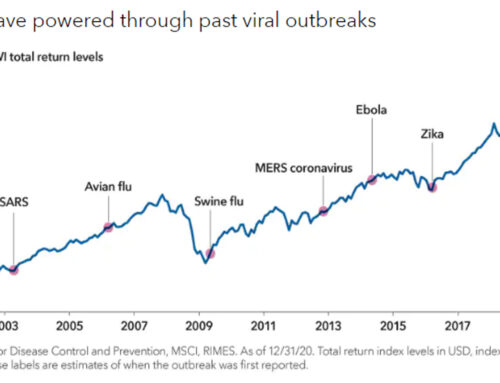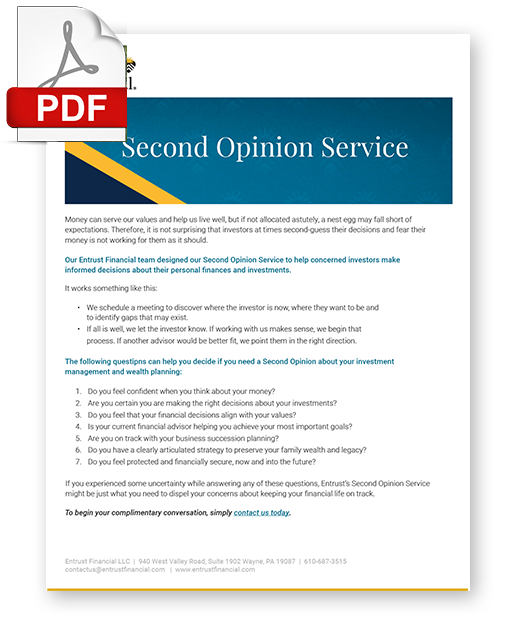Do Well by Doing Good This Holiday Season

We received a call from Marvin, who finally decided he felt uncomfortable having $2 million in just a single stock. Yes, he loves the stock and is loyal to the company; he first acquired the stock because he worked for the company years ago at the beginning of his career. But so much money in just one equity? What if the company goes through a bad patch and he loses half the value?
Marvin reported to us that his risk of loss, because this $2 million of his net worth is not diversified, has become untenable. We agreed, having often raised this concern with him. Now that it is time for action, what can he do? He originally purchased $250,000 worth of the stock, so his gain is a whopping $1,750,000! On the one hand, we investors love the gains but on the other, to sell off this stock aiming to reduce risk by diversifying means a tax bill–a BIG tax bill.
We opened our conversation with Marvin by asking if he would be interested in learning how he might “Do Well” (reduce his portfolio risk and reduce that Big income tax bill) by “Doing Good.” That idea attracted his attention. We then presented Marvin with the following two options for doing good while aiming to reduce his portfolio risk and avoid big tax consequences:
- Donate the stock to a charity (or charities), to fulfill your charitable intentions during your lifetime.
Such a donation would result in a deduction in income tax liabilities for most of us, but check in with your accountant before taking action! - Establish a donor-advised fund (DAF), and contribute the stock to the fund.
Do not sell it first because that triggers the BIG taxes. When the stock is in the DAF, it can then be sold and diversified with no income tax liabilities.
This donation is eligible for an income tax deduction, just like contributing a single stock to a specific charity or two.
Before our conversation about these choices, Marvin figured he was stuck losing a substantial amount of his single stock gain to income taxes, as the trade-off for reducing his portfolio risk. He was thrilled to learn of the personal economic benefit of donating. To say nothing of the feel-good experience of fulfilling his charitable intentions now, rather than after his death.
Our conversation ended on a good laugh, when we shared with Marvin the following medical research:
“Medical tests have indicated that giving of your time, your talents or your money stimulates a part of the brain that results in the same gratification as when you eat food or have sex.”¹
Whether you would like to do well by doing good, or just plain want to feel good this holiday season, give us a call like Marvin did to learn what planning can do for you. 610-687-3515 or info@entrustfinancial.com
¹Arrillage-Andreessen, Laura. Giving 2.0: Transform Your Giving and Our World. New York: Jossey-Bass, 2011.
This information provides opinions and general information compiled by the Firm from sources believed to be reliable at the time of this material being distributed. All contained opinions and material relied upon may change or become outdated without notice. The Firm makes no representation or guarantee of the accuracy of the opinions or views expressed or information relied upon from third parties. This material is a general opinion regarding current markets, economy outlooks, and/or financial planning topics. Further, the opinions or views expressed in this material are not intended to be financial, legal or tax advice.
Readers should always seek advice regarding their particular accounts and transactions from their financial advisor before making investment decisions. All investments involve risk. Past results do not guarantee future performance. There is no guarantee that any investment will return a particular performance result or a better performance result over another investment option.












